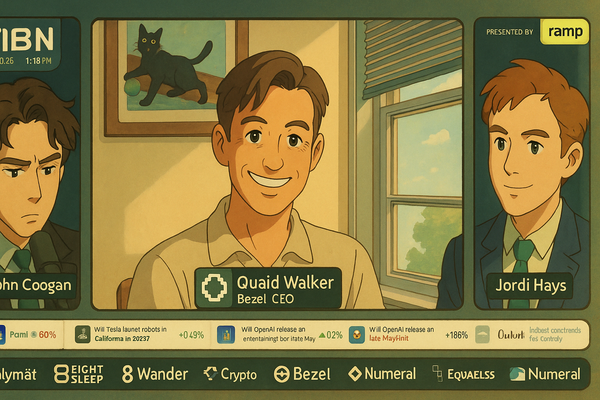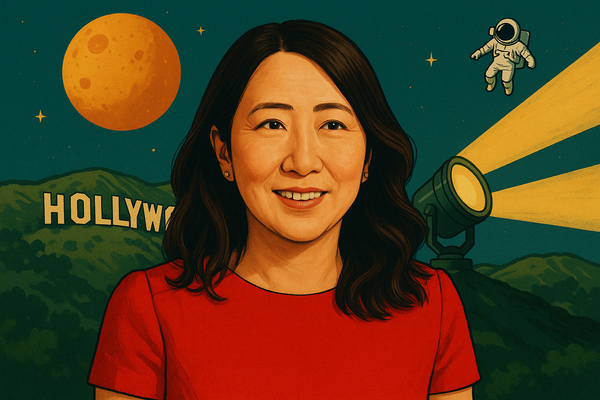The war on friction
"People want less pain"

The Rebooting has partnered with WordPressVIP on a new research project. We are focused on a pivotal question for publishers: What are your product priorities? I was speaking to a top digital publisher the other day, and he remarked how this current “more-with-less” era means making tough decisions. If you are in the product function at a publisher, we want to know your top priorities. This survey will serve the basis for a research report that we will release next month. Take the 10-question survey.
In today's newsletter, a new PvA episode that views AI as a war on friction, which is a problem because much of publishing is friction. Plus: The Washington Post's habit challenge, PopSugar rebrands and a reminder to join me at a villa if you'll be in Cannes next week.
Also, a reminder: I'm looking for a business operations lead at The Rebooting.

A monetization solution for ad management firms
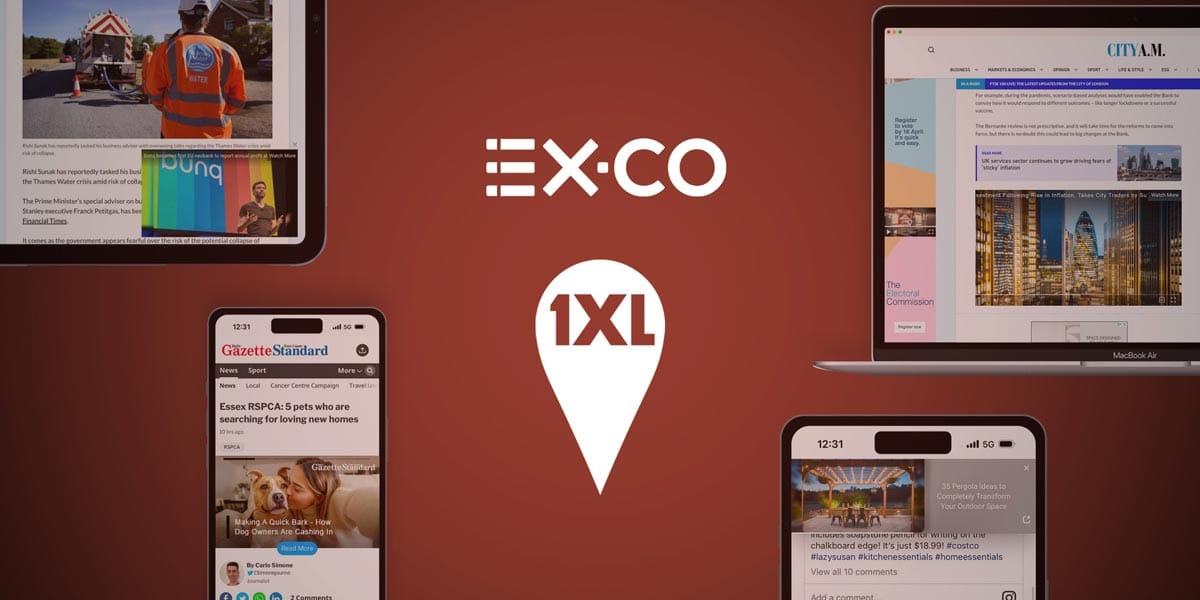
The biggest challenge for 1XL was finding a video technology partner that could accommodate its portfolio’s variances–consisting of 43 local and regional news publishers including Newsquest Media Group. The solution needed to handle each website differently, keep UX and data privacy top-of-mind, provide video content management tools, and allow for successful monetization of each site at scale. Not to mention all the backend technical work. The numbers speak for themselves: EX.CO's award-winning online video platform drove an impressive 30M+ monthly player loads and nearly 4x higher dwell time, leading 1XL to double its monthly revenue within just three months.
The war on friction
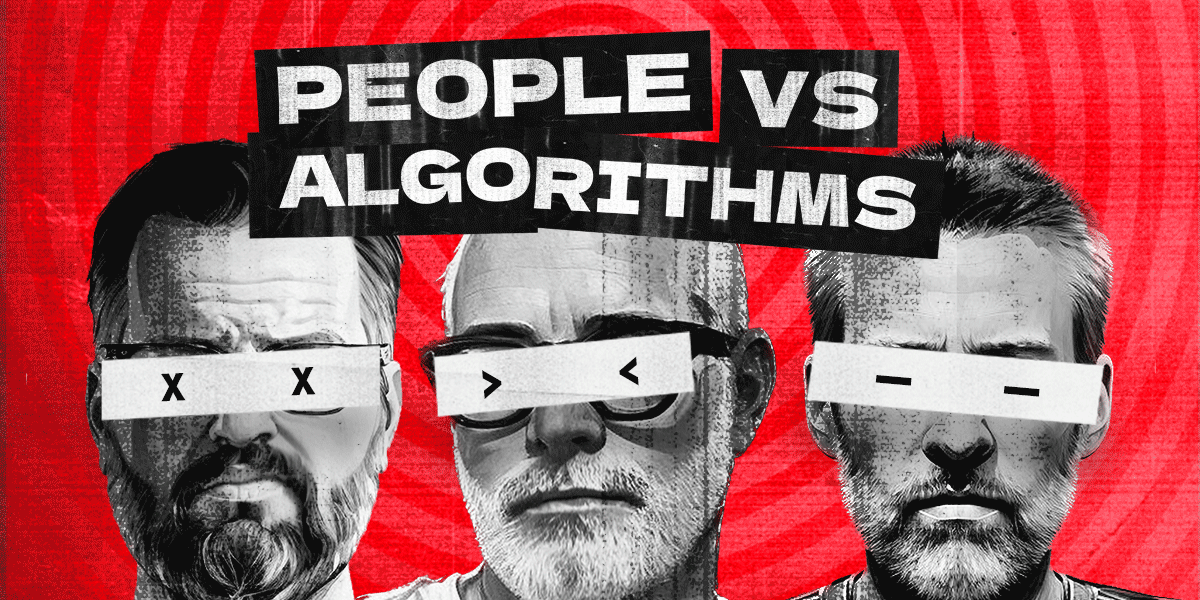
Apple’s entry into the AI fray showed how it will use its distribution dominance – 1 billion devices – and customer-first reputation to present a coherent, integrated approach with a simple promise: This is going to make your life less annoying.
"If you're in a business that is in the business of friction, you're in trouble,” Alex noted in this week’s episode of People vs Algorithms. “Apple intelligence” will mean fewer steps to accomplish tasks. That means less stops at intermediary pages. The internet economy is built on intermediary pages. Publishing is dependent on those stops. “People want less pain, they want less friction, they want things to come easier," Alex added.
This is Napster and TiVo all over again. The latest AI-publishing kerfuffle is around Perplexity ripping off a paywalled Forbes article digging into Eric Schmidt's investments in military drones. Perplexity sucked it up, reformatted and synthesized it, creating a nice package. This is a great example of where the binary view of friction runs into the long-term needs of a healthy ecosystem. And to be fair, it's easy to point to this being the norm. Business Insider was built off this kind of aggregation, and made the same claims to excuse it. In fact, it too aggregated the Forbes article and scored the Google snippet at the top of the SERP.
The current state of user experience on publisher sites is fairly dismal. It is full of friction in the form of floating video players, endless pop-ups (including the quaint cookie consent banners) and regular cul-de-sacs with paywalls. A paywall itself is engineered friction. The Perplexity package does away with all of this. It relegates provenance to a literal footnote. This is a vision of publishers as content wholesalers.
Publishing is often a series of hacks. Email newsletters are hacks. They’re taking a communication medium and hacking it into a publishing medium. It’s no surprise that Apple showed AI summarizing and segregating emails. This is the direction all email providers are going. Publishers will have their emails aggregated and summarized. It was always wishful thinking that email was a truly “direct connection.” And from a friction perspective, how can you argue against having to read fewer emails? Sounds compelling.
The deals with OpenAI and other tech companies are, to me, largely a strategic pause in what will become a long-running battle. Publishers do not have leverage right now, and taking money that hits the bottom line at a tough time is an obvious yes. But that bet is only worth taking if it creates space for building resilience into business models if publishers are going to remain in the retail business.
The tech giants believe they should control the interface. Controlling the interface used to mean controlling the distribution. The zero-click vision that’s increasingly taking hold will mean publishers and their webpages are regarded as friction standing in the way of people getting what they want immediately, without wading through full-screen interstitial ads, endless pop-ups and autoplay video. That’s going to be a compelling proposition. It will also conveniently accrue all power to the interface and relegate publishers to content vendors.
Perplexity, which is reportedly raising money at a $3 billion valuation, scrambled to promise a publisher partnership program is in the works. It also apparently scrambled an engineering team that “worked around the clock” to… make the footnotes bigger. OK, sure, but time and again, we have seen that tech companies are not in the business of “supporting publishers,” especially if the core of the publishing product is friction. The tough decisions are how far publishers will go with the new class of AI-enabled aggregators, like the new news app from ex-Twitter execs. Particle promises “a beautiful, personalized, and multi-perspective view of the news that matters the most to you.” These apps make sense on paper but have a terrible track record. See the recent failure of Artifact from the Instagram founders.
Publishers will need to decide if they’re going to be a wholesaler or in the direct-to-consumer market. The thesis of the last era was that giant social platforms would establish a constellation of “channels” like cable TV. The emerging view is that publishers will be raw material suppliers to AI-enabled tech interfaces that will mash it up and remix it.
Solving the AI distribution challenge
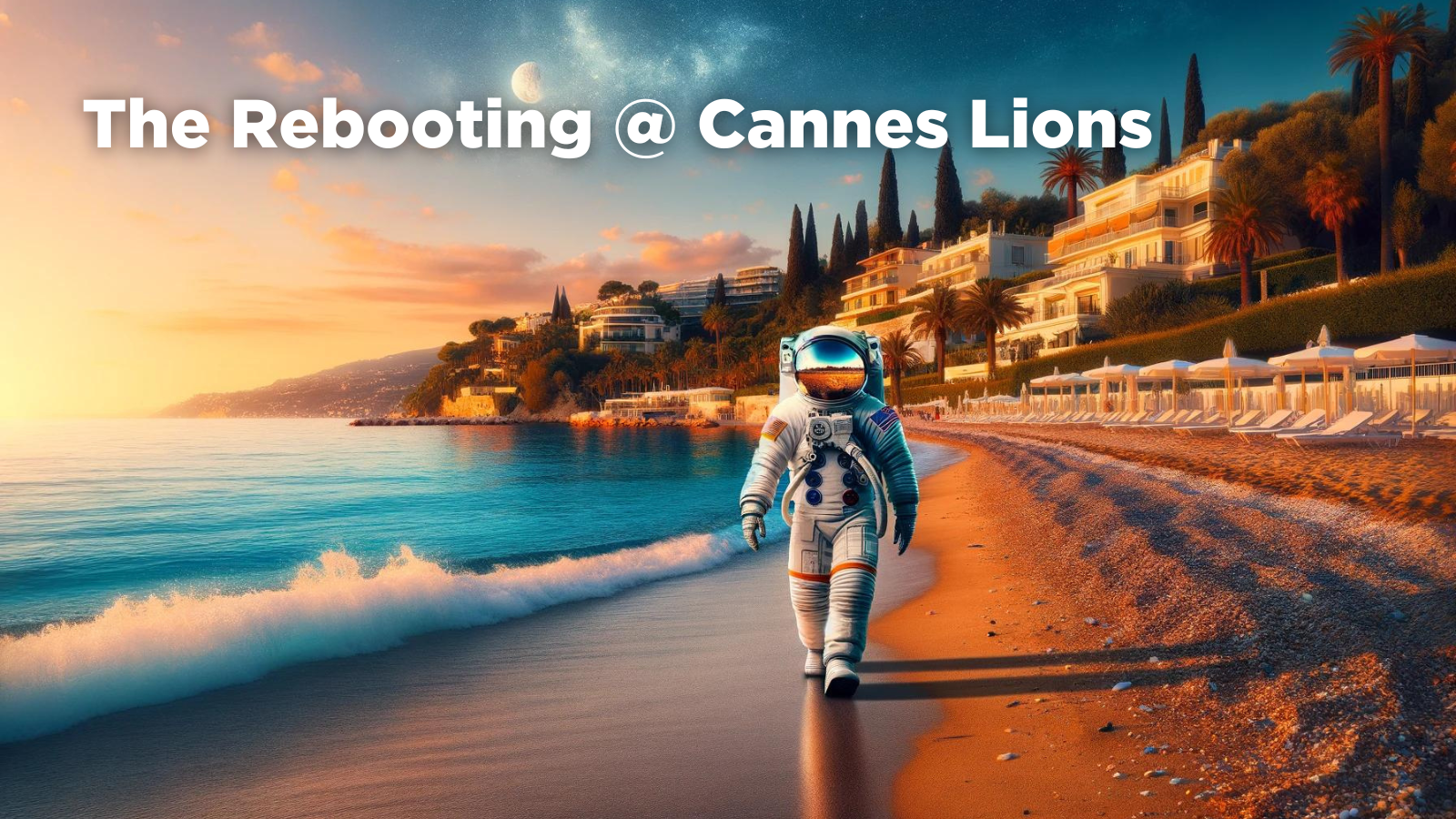
Next week at Cannes, I’m going to be joined by Axios senior media reporter Sara Fischer to discuss the new landscape for publishers with Dotdash Meredith CEO Neil Vogel in a live recording of The Rebooting Show. Knowing Neil, he’ll have a very practical message for navigating this latest turbulence: create content people want, make pages that are fast and uncluttered and diversify your traffic sources. Dotdash Meredith hasn’t been immune from the traffic changes, but it’s noteworthy that it has managed to grow sessions at a time when many publishers with “library content” have seen steep drops. Sign up to attend the conversation on Thursday, June 20, from 3pm-5pm. There will be rosé.
Recommendations
The Washington Post’s habit challenge: Newsrooms are weird places. Attempts at radical candor can land wrong. At The Washington Post, CEO Will Lewis rankled with the pointed remark that the Post has lost half its audience.
The bigger issue for the Post is around habit that leads to depth in the form of subscriptions. Developing habit is Job 1 at most publishers these days. That’s what leads to subscriptions, which at the Post have retreated by 10% since early 2021. Publishing is a simple-but-hard business: Get people in a habit, offer products for specific audience segments, give them various ways to pay. (The Washington Post)
PopSugar -> PS. One of the painful realizations of the current reckoning is that many digital publishing brands lacked the staying power of the legacy peers they were supposed to replace. PopSugar has ditched its nearly two-decade old brand in favor of just PS and a narrowed mission focused on a progressive take on wellness. (PS)
A buoyant ad market. The ad market continues to surprise. GroupM revised up its outlook for the ad market, predicting it will crest $1 trillion globally sooner than expected. Of course, many of those gains are going to platforms, retail media and streaming. Still, publisher ad businesses are improving. The Rebooting's recent survey of 99 publishers showed cautious optimism for a solid end to the year. (The State of Publisher Ad Revenue)
Working the ref. The defining feature of publishing’s collision with tech is that it lost control of distribution. The commanding heights of the internet are on the interface level. If you control the flow of traffic on the internet, you control monetization and act as a de facto regulator. Google has long played this role, and accrued the kind of benefits the U.S. has enjoyed as the dominant power in the post-WWII system.
This role is getting more attention broadly with the big changes to search. Any change since the beginning of the Google Dance has meant winners and losers. And Google’s motivations have gotten more complex as its power has grown. I don’t blame some publishers on the listing end for not being happy about it, but that’s also part of the publishing game. Nobody is entitled to “free traffic.” We have seen time and again that the interests of tech platforms usually diverge from publishers at some point. (The New Yorker)
Thanks for reading. Send me a note with your feedback by hitting reply or emailing me directly at bmorrissey@therebooting.com.

